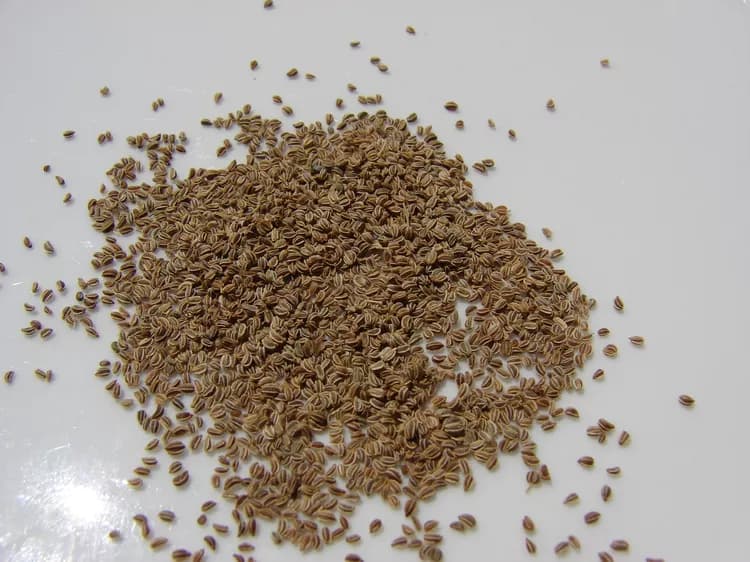Celery seed (Apium graveolens var. dulce) is a plant in the family Apiaceae, commonly used as a vegetable. Its origins most likely trace back to the Mediterranean and North African areas. Now, celery seed is an integral part of American, Irish, Japanese, and Australian cuisine. The plant is perfect for soups and salads, as well as a garnish for some dishes. Despite the high water content, celery seed possesses many health benefits.
Here are the 7 health benefits of celery seed.
1. Celery seeds can assist in antioxidant defense.
One tablespoon of celery seeds contain 25 percent of the mineral manganese, which is an essential cofactor in some enzymes important in energy production and antioxidant defenses.
2. Celery seeds can help you sleep better at night.
Celery seeds have been known to help an individual sleep with its high content of magnesium, which is a mineral that is directly linked to improving the quality, duration, and tranquility of sleep. Celery seeds also help regulate the metabolism, to help reduce sleep disorders and the occurrence of insomnia.
3. Celery seeds can assist in red blood cell formation.
Copper and iron are essential for the new blood cell formation. A deficiency in iron can lead to anemia, fatigue, and muscular weakness.
4. Celery seeds can help improve cognitive functioning.
The amount of iron in celery seed leads to increased hemoglobin production and increases blood flow. Proper amounts of oxygen and iron in the brain lead to increased cognitive performance and a decrease in cognitive disorders like Alzheimer’s disease and dementia.
5. Celery seeds can help maintain a healthy blood pressure.
Celery seed has a great potassium to sodium ratio, which may help reduce the risk for hypertension. One tablespoon of celery seed contains 91 milligrams of potassium, compared to just 10 milligrams of sodium. This helps the blood vessels relax and maintains proper blood pressure.
6. Celery seeds can help individuals fight infections.
Celery seeds are a good source of vitamin C. Vitamin C is a potent natural water-soluble antioxidant that helps the body develop resistance against infectious agents and eliminates cancer-causing free radicals in the body.
7. Celery seeds can improve your joints.
Celery contains anti-inflammatory properties that reduce swelling and pain. This is perfect for individuals suffering from arthritis, rheumatism, and gout. Celery sticks also act as a diuretic, which helps to remove uric acid crystals that build up around the body’s joints, causing pain and discomfort in the joints.
Related Articles
Test Your Knowledge
Asked by users
Related Centers
Related Specialties
Related Physicians
Related Procedures
Related Resources
Join DoveHubs
and connect with fellow professionals


0 Comments
Please log in to post a comment.